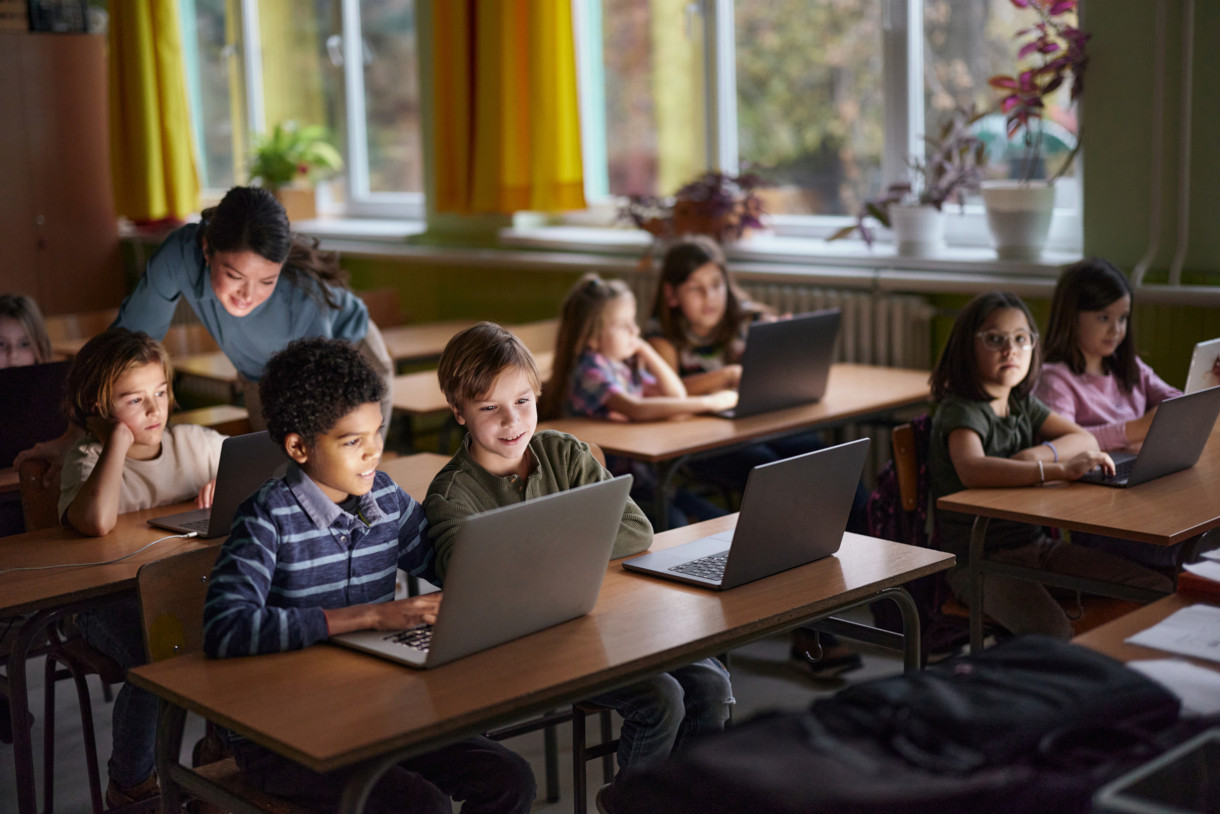Critically Thinking about our Thinking
We live in a time when it's never been simultaneously more easy and more difficult to practice critical thinking. There are certainly the voices who say the internet and the sheer amount of information now available to us might be making us stupid. Maybe, but maybe not. I wonder if it isn't more a matter of education not taking advantage of the situation.
I've heard some say how it's much more important in this day and age to practice critical thinking than it ever has been before. Perhaps only because of the amount of data we're sifting through, but certainly this isn't true based on some sudden insurgence of value in critical thinking alone. In the late 80's, I was a middle school student. I didn't have access to the internet or all the vast amounts of information found therein. But, critical thinking was still critical for me. I'd say it was as important then as it is now. I think, perhaps, we were likely allowed to be even more lazy and uncritical back then.
I was given many text books to read at that time in my education. I trusted my teacher. My teacher trusted the text. I trusted the text. Implicitly. I can't recall ever being told to question the authority of the text, or to find the bias in the textbook writers, or to triangulate data sources. I know that happened in some classrooms, but I don't think the opportunity was as prevalent as it is right now.
Today we have an incredible opportunity to teach kids to be critical with the information that is always living around us in books, media, blogs, social networks, on the internet, etc. Let me give you an example.
Read this article. No, really, read it.
I don't believe you can go three days without hearing some reference to the topic. It's everywhere. And, it's an excellent opportunity for kids to critically engage the topic. It's political, to be sure, and a teacher must be willing to take on the heat, so to speak, of really digging into the subject, but think about what a great opportunity this is to engage students in deep, meaningful learning.
There is a large percentage of Americans who do not know what Global Warming actually is. I don't care to take on either side of the debate in this post, but rather, I'd like to look at how the topic has been handled by all parties. Go ask ten people what Global Warming is, and I think you'll find the results interesting. Many people will say something about greenhouse gases, and some people will talk about the hole in the ozone layer, and some will say pollution and carbon and car emissions. That's not Global Warming.
Tools and ideas to transform education. Sign up below.
Global Warming is "the increase in the average temperature of Earth's near-surface air and oceans." That's wikipedia's definition. Google some others, and you will see all of them have something to do with the increase of either the near-surface or atmospheric and ocean temperatures. Think about how many people are arguing for or against Global Warming and not even using the correct definition. That's important because they are assuming causality, or a lack of causality that negates the existence of the entire phenomenon, and neither of those positions have been proved. The causes people claim, or deny, could very well be corollary or even coincidental.
The potential cause of the increase is quite debated. It may be a composite increase due to urban heating effects (where urban areas are warmer than rural areas due to manmade changes in topography), or the method of measurement, or carbon particles, or other pollutants, or deforestation, or greenhouse gases, or it might be natural. Some, it would appear, even debate the very existence of the warming to begin with.
Imagine if we gave kids the conflicting data and causes and positions of scientists who are debating this issue and had them work to figure it out. Help them critically analyze the author of the article for validity. Help them find bias in research. Let them engage scientific disciplines of thought as they work to understand the complex nature of nature. Move the conversation to social studies to let them examine the political ramifications of the arguments and proposed solutions.
All this information is out there. There's an amazing opportunity to teach kids to be critical, if we're willing to let things get messy and difficult and not be scared to take on hot topics, again, so to speak.
I'm sure I'll likely get hammered on this post that I'm saying there isn't any such thing as Global Warming. That's not the point or the position of this message. The point is, what if there is, or isn't, and we let our kids try to figure that out for themselves using the world of information that is available at their fingertips?
Teach them, as Howard Reingold Neil Postman (thanks for the correction, Gary) has said, to develop their BS detectors. Imagine the possibilities.
Is that making us more stupid? Let's think about that critically.
